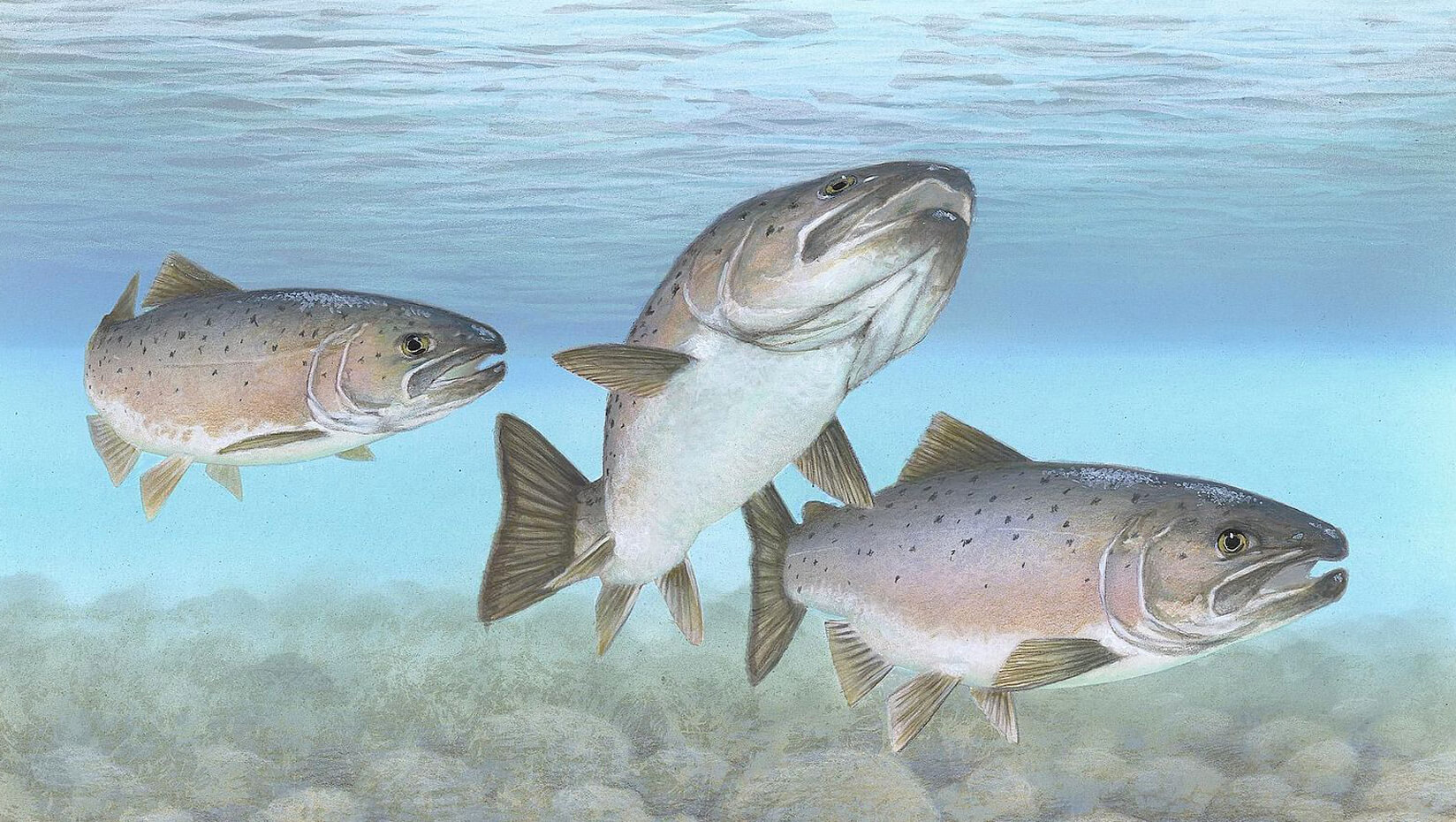
UMaine to host international fish, shellfish immunology conference
The University of Maine Aquaculture Research Institute will host this year’s international conference on behalf of the International Society of Fish & Shellfish Immunology (ISFSI).
This is the second international conference of the ISFSI and the first time the global group of researchers and industry leaders will gather outside Europe.
The International Conference of Fish & Shellfish Immunology will be held June 26–30 at the Holiday Inn By the Bay in Portland, Maine.
The conference aims to improve aquaculture in the U.S. and around the world by bringing together leaders in the field from universities, research institutions and the industry, according to Anne Langston, associate director of UMaine’s Aquaculture Research Institute (ARI), an international center for aquaculture research and development and home to the Sustainable Ecological Aquaculture Research Network (SEANET).
In 2013, the conference was held in Spain and attracted about 320 attendees.
UMaine, which has hosted an international conference on sea lice, was selected to host the conference after a bidding process. Conference organizers collaborated with UMaine Conference Services to plan the event.
Maine has the largest Atlantic salmon farmed production in the U.S., has a thriving shellfish farming industry, and is home to some of the best aquaculture growers and farming companies, according to event organizers Langston and Tim Bowden, a UMaine aquaculture professor.
Over 20 species of fish, shellfish and sea vegetables are farmed in Maine, with salmon, oysters and mussels being the largest producers, the researchers say.
“UMaine has renowned scientists who are responsible for a lot of aquaculture research. Maine and UMaine are known across the world for aquatic animal health research,” Langston says.
Aquaculture is one of seven targeted technology sectors recognized by the state for investment and support, according to the Maine Technology Institute.
“Aquaculture — farming in water — offers an incredible opportunity for Maine, which has a strong tradition working on the water, to maintain economic and cultural connections to the sea,” Langston says, adding aquaculture could provide a sustainable solution to combating global food insecurity.
Fish and Shellfish Immunology, the official journal of ISFSI published by Elsevier, is expected to print a special issue to accompany the conference.
The deadline to submit abstracts for oral and poster presentations is Feb. 10. Abstracts are to be submitted online using a Digital Commons account.
Although this is the second international conference of ISFSI, the group has been meeting for more than 25 years, according to the conference website. In 1990, fish immunologists from all Nordic countries initiated a collaboration, the Nordic Society of Fish Immunology (NOFFI), to reduce diseases in aquaculture. The group met for the first time in Copenhagen in 1990, with several meetings in the years that followed throughout the Nordic territory. In 2007, NOFFI changed its name to European Organisation of Fish Immunology (EOFFI) to extend its activities to other countries. Meetings were then held in Scotland and Italy, where it was decided to establish a new International Society of Fish and Shellfish Immunology in 2010.
More about the conference, including a program and registration, is online. Conference sponsors include ARI, Fish and Shellfish Immunology journal, ISFSI and FishVet Group.
For more information, to request a disability accommodation, or to become a sponsor, contact Langston at anne.langston@umit.maine.edu, 581.4397; or Bowden at timothy.bowden@umit.maine.edu, 581.2772.
Contact: Elyse Kahl, 207.581.3747
